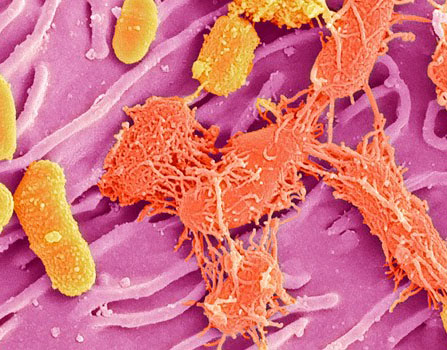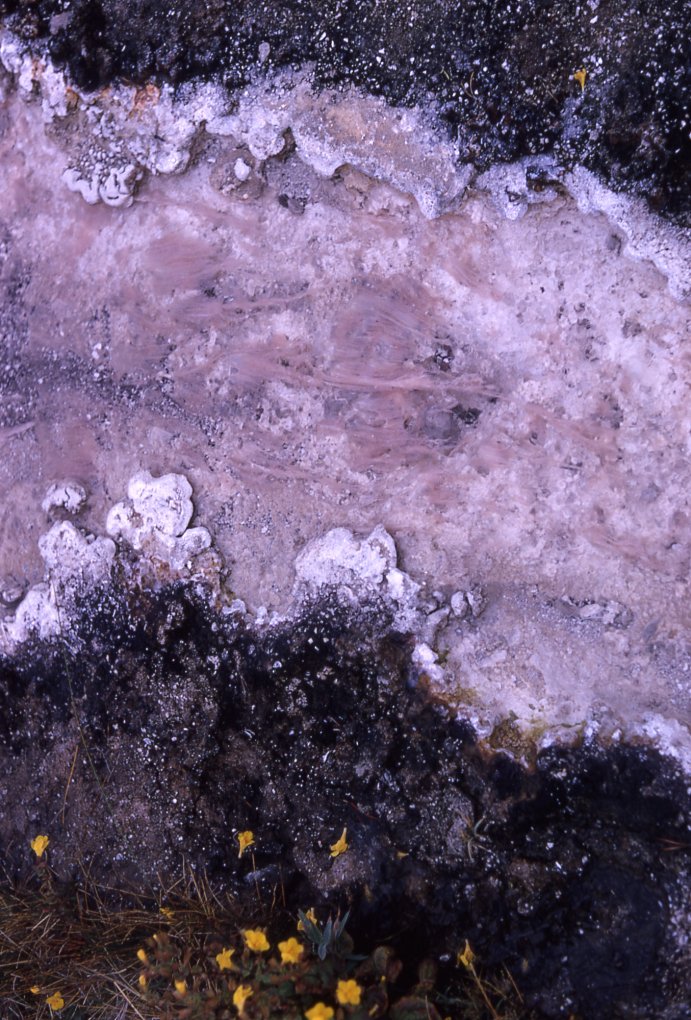Reducing Stress Boosts Efficiency of Bacterial Factories
Unconventional Genetic Strategy Could Enhance Production of Medical Treatments
We all have bad days on the job — your colleague keeps bugging you, your boss yelled at you for an innocent mistake, and you skipped lunch because you have 10 different deadlines coming up. Understandably, many people find it much harder to get their work done under such stressful circumstances. Microbes that produce chemicals for medicine and scientific research experience similar struggles, but a recent IRP study has found that short-circuiting their stress response makes them far more efficient at that task.




